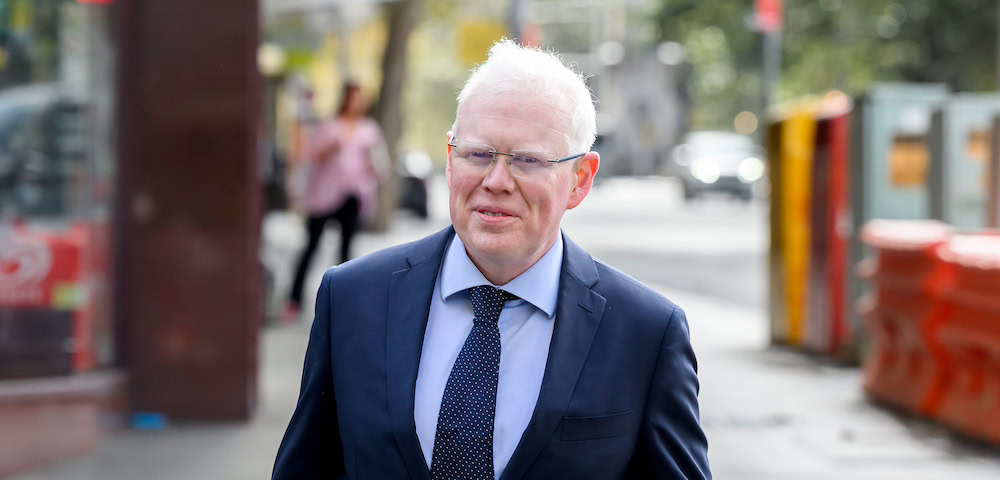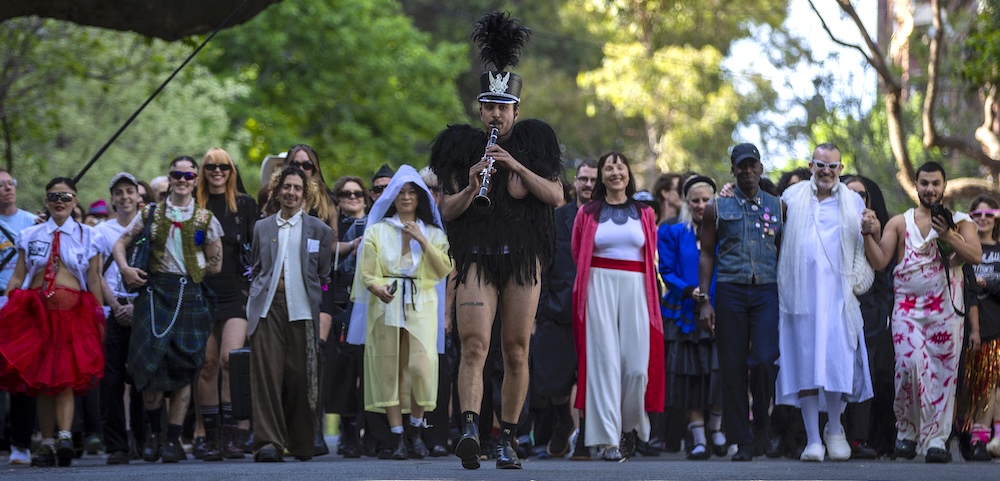
Global Community Unites For ‘Digital Pride Hackathon’
While the world gets geared up for digital Pride events and queer streaming services, many across the globe engaged in a world-first event designed to tackle current challenges faced by the LGBTQI community.
The first ‘Digital Pride Hackathon’, organised by ‘Unicorns in Tech’ and other ‘Proud’ organisations, took place between May 15-17 in the hopes of bringing the global LGBTQI community back together to show support, activism and solidarity.
The Digital Pride Hackathon also aimed to tackle matters surrounding the cancellation of global Pride Parades this year due to the COVID-19 pandemic. Instead, offering digital alternatives and solutions to maintain community-solidarity, as well as continue the Pride spirit.
The winning project of this years’ Digital Pride Hackathon is the “Pride Polyphony”, which consists of a library of audio hugs from around the world for LGBTQI community members.
One member of the ‘Pride Polyphony’ team who goes by Athena, explained the purpose behind the winning project.
“The library takes recordings from anyone (including allies), anywhere in the world, in any language, and releases them for people to listen to [and] connect to others through the power of voices,” they said.
“I think it’s an elegantly simple solution that gets to the core of our human needs.”
Product manager of the ‘Pride Polyphony’ project, Ghonche, shared Athena’s sentiment and noted the importance of creating supportive outreach programs that are available to all corners of the world.
“I am from Iran and coming from a country that suppresses the LGBTQI community, I cannot think of a better gift to my community than a platform, an opportunity to share their voices and their stories, and for their first time ever to participate in a global Pride celebration,” they said.
Organised to coincide with IDAHOBIT (International Day Against Homophobia, Biphobia, Interphobia and Transphobia), the Digital Pride Hackathon is a 36-hour event that brought more than 70 participants together from 15 nationalities.
Participants ranged in technical skills, with each bringing their own expertise in an area of development, marketing, and business, as well as their personal experience as LGBTQI community members.
Other projects seen at this year’s Hackathon include “Queerin”, an app to find LGBTQI friendly locations – “Queerboost”, a queer council bringing activists together on a news network – and “Pride #UnDistanced”, a project supporting geo-localised pride parades in St Petersburg.
A spokesperson from the UHLALA Group, a partner organisation that aims to empower LGBTQI people in the workplace, Bertrand Duteil, told Star Observer that the Hackathon’s outreach aim has become more poignant than ever in a post-COVID world.
“The LGBTQI community has been especially impacted by the current COVID-19 crisis. Cancellation of pride parades is only the tip of the iceberg,” they said.
“People have been forced to stay home alone or with family who do not always accept them as they are, away from their support networks and spaces where they can meet and be themselves.
“LGBTQI spaces such as community centres, bars, and groups are also closed, endangering them further. But the LGBTQI community is also a strong and resilient one, always adapting to changes.”
Duteil also hopes that digital-events such as the Pride Hackathon will pave the way for a more supportive and accessible future, available to all facets of the global LGBTQI community.
“There are around 500 pride parades in the world every year – which means that only a fraction of the LGBTQI community gets to demonstrate and celebrate the way we have the chance to do,” they told Star Observer.
“With livestreams and further digital integrations, we have the opportunity to let everyone be part of the events and be a part of the community, wherever they are.
“The same can be expected for more political events. Online petitions have made tremendous changes in the real world all around the globe, and the creation of new tools can further support people to feel safe and supported anywhere at any time.”









